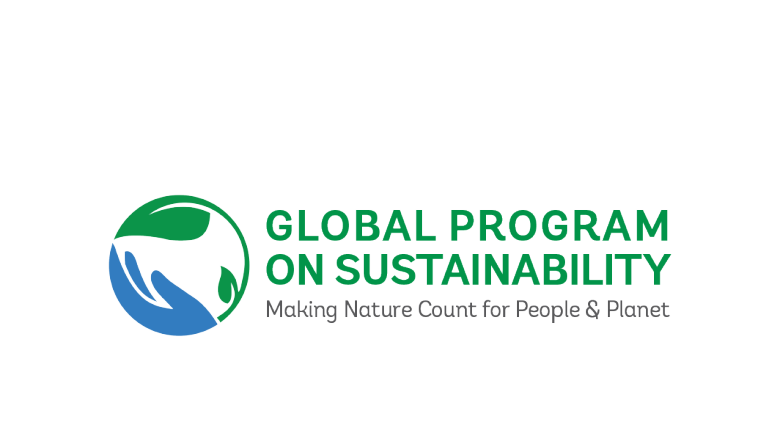
Development of Natural Capital Accounts, Data, Tools, and Analyses
The CIC program in Nigeria has a clear objective: to provide support for the country’s planning and implementation of climate change mitigation and adaptation commitments, while enhancing its water security and environmental management policies. To achieve these goals, the program is producing three natural capital accounts—land, ecosystem, and greenhouse gas—and conducting two economic analyses. In FY24, a significant milestone was reached as the accounts were completed. They will be published and made publicly available in the forthcoming months. Additionally, an analysis was finalized that focuses on tree-cover loss, assessing the key drivers and impacts of deforestation and forest degradation. A policy note and modeling work for the report on Nigeria’s diversification strategies under the global low-carbon transition, supported by the CGE model ENVISAGE, were also completed and validated by relevant stakeholders.
Informing Investments and/or Policies
Efforts are under way to enhance the implementation of the Agro-Climatic Resilience in Semi-Arid Landscapes project. The primary objective of this project is to support the adoption of sustainable landscape management practices in targeted watersheds in northern Nigeria and strengthen the country’s long-term capacity for integrated climate-resilient landscape management. GPS work will inform the strategic watershed plans and selection of investments in Nasarawa and Kaduna. Data and maps produced for the ecosystem accounts are being used by the project team preparing the catchment management plans and are hosted in the project coordination units on federal and state levels.
In terms of policy impacts, policy notes and impact assessments related to diversificatio strategies under the global low-carbon transition developed through grant activities are contributing to updates of three national plans: the National Development Plan, the National Climate Change Action Plan, and the Energy Transition Plan. To further support policy changes, a policy inception note was prepared for the National Council on Climate Change Secretariat and sent to the President. The final policy note was shared with the new management of the Secretariat, which intends to use the policy paper in the next Conference of the Parties (COP) to support a “just and equitable transition away from fossil fuels”. In April 2024, a national policy on clean cooking was approved, marking a significant step towards sustainable energy usage. Following this approval, the government will begin preparing a national program on clean cooking. It is expected that the analysis of tree-cover loss, conducted as part of the CIC work, will inform this program, and potentially influence a new World Bank lending operation, currently under discussion, centered on forestry and clean cooking. A new analysis on understanding the relationship between wood fuel consumption, gender, and poverty to decrease the impacts on ecosystem degradation in Nigeria is ongoing and will be finalized in December 2024. The tree-cover loss analyses and policy note on transition risks to low-carbon growth will underpin the narrative in the upcoming CCDR that is planned to be completed within FY25.
Capacity Building and Institutionalization
A wide range of public sector entities have actively engaged with this initiative. These entities include the National Council on Climate Change Secretariat; Ministry of Finance; Ministry of Budget and Economic Planning; Ministry of Environment; Ministry of Agriculture and Food Security; National Bureau of Statistics; Energy Commission; Ministry of Petroleum Resources; Ministry of Industry, Trade, and Investments; National Mapping Agency; Nigeria Governors’ Forum; and the state governments of Nasarawa and Kaduna. To ensure capacity building and knowledge transfer, two hands-on training courses and four workshops were conducted in FY24. These sessions covered various topics relevant to the grant activities, including an introduction to land accounts, the System of Environmental-Economic Accounting, and ecosystem accounts, policy interventions to address agriculture-driven deforestation in Nigeria, tree-cover loss analyses, diversification with mitigation outcome scenarios, and land-use and land-cover classification. The workshops and training sessions saw a decent participation from women, with attendance of between 23 percent and 50 percent for each session.
Communication
As mentioned above, the final policy inception note was prepared for the National Council on Climate Change and sent to the President. The Council would like to use the policy paper to start a debate about how to position Nigeria in the next COP as regards “a just and equitable transition away from fossil fuels”. A workshop on policy interventions to address agriculture-driven deforestation in Nigeria enhanced the dialogue of the World Bank and other partners with the federal government and states on how to address drivers of deforestation and increase access to clean cooking.



